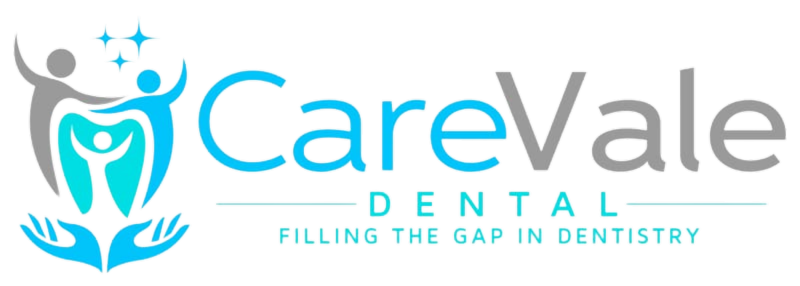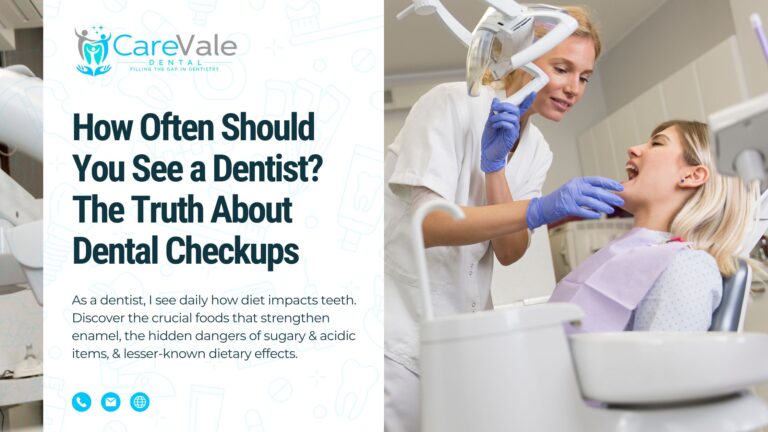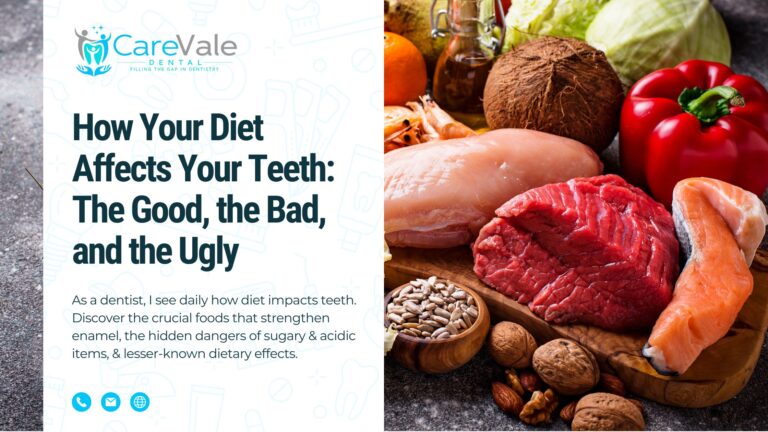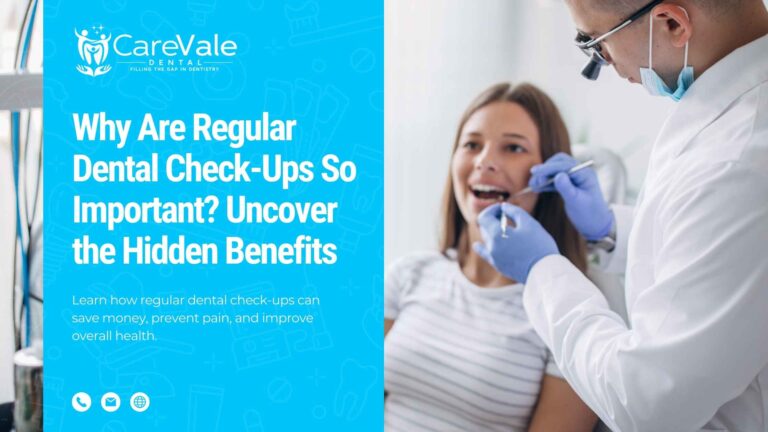Call us: 095083 92120 / Email us: carevaledental@gmail.com
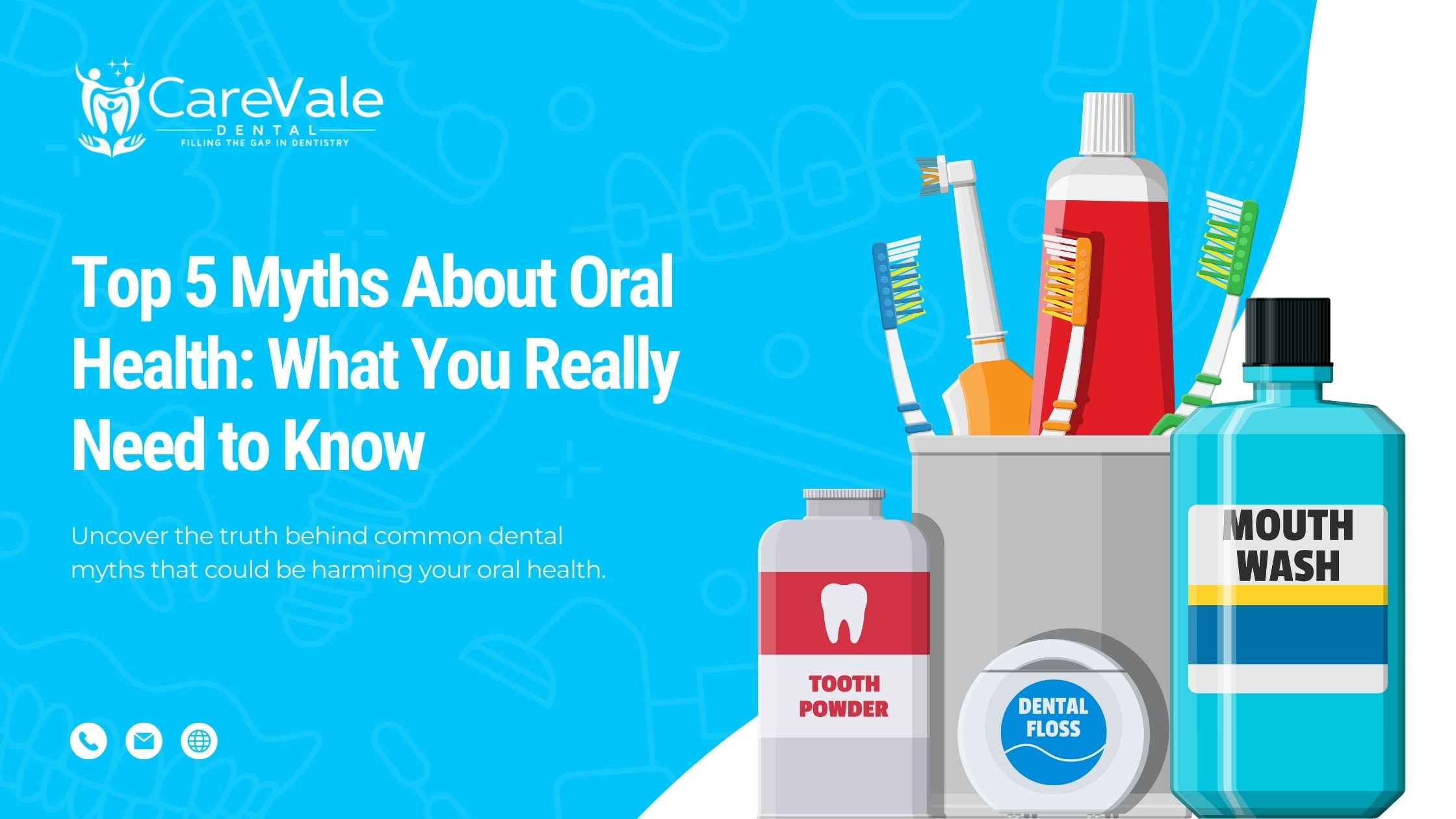
Top 5 Myths About Oral Health: What You Really Need to Know
As your trusted dentist, I’ve noticed a lot of misconceptions about oral health circulating. It’s time to debunk these myths and set the record straight. In this post, we’ll dive into the top 5 dental myths that just won’t quit.
From brushing too hard to believing more fluoride is always better, these myths can lead to serious oral health problems if not addressed. So, let’s get started and uncover the truth behind these common misconceptions.
Myth 1: Brushing Harder Removes More Plaque
You might think that scrubbing your teeth vigorously will remove more plaque and leave your teeth squeaky clean. However, this common misconception can actually harm your gums. Brushing too hard can irritate your gums, leading to inflammation and gum disease.
The best way to remove plaque is to use a gentle, circular motion with a soft-bristled toothbrush. This technique effectively cleans your teeth without damaging your gums.
Myth 2: Toothpaste with More Fluoride is Better
While fluoride is undoubtedly beneficial for preventing cavities, more isn’t always better. Excessive fluoride can lead to fluorosis, a condition that causes white spots or streaks on your teeth.
The optimal amount of fluoride in toothpaste varies depending on your age and local water fluoridation levels. It’s best to consult with your dentist to determine the right amount of fluoride for your specific needs. Most importantly, follow the recommended amount of toothpaste and avoid swallowing it.
Myth 3: Sugary Foods are the Only Culprits for Cavities
While it’s true that sugary foods and drinks contribute to tooth decay, they’re not the sole culprits. Bacteria in your mouth feed on sugar and produce acid, which erodes tooth enamel.
To prevent cavities, it’s important to maintain good oral hygiene practices, such as brushing twice a day, flossing daily, and visiting your dentist regularly. By limiting sugary intake and practicing good oral hygiene, you can significantly reduce your risk of cavities.
Myth 4: Tooth Sensitivity is Normal
Experiencing occasional tooth sensitivity when consuming hot, cold, or sugary foods and drinks is common. However, persistent sensitivity is not normal and can indicate an underlying dental issue.
Tooth sensitivity often occurs when the protective layer of enamel wears away, exposing the sensitive dentin layer beneath. If you’re experiencing persistent sensitivity, it’s important to consult with your dentist to determine the underlying cause and receive appropriate treatment.
Myth 5: Only Adults Need Dental Check-ups
It’s crucial to establish good oral health habits early in life. Regular dental check-ups for children are essential to prevent dental problems and ensure proper oral development.
By taking children to the dentist at a young age, you can detect and address potential issues early on. Early intervention can prevent more serious problems and save you money in the long run.
Conclusion
By debunking these common dental myths, we can take a proactive approach to maintaining optimal oral health. Remember, brushing gently, using the right amount of fluoride, and practicing good oral hygiene habits are key to a healthy smile.
If you have any concerns about your oral health, don’t hesitate to schedule an appointment with us today to receive personalized advice and treatment. Let’s work together to achieve a healthier, more beautiful smile.
FAQ: Common Dental Myths Debunked
Q: Is it true that brushing harder removes more plaque?
A: No, brushing too hard can actually damage your gums. It’s important to use a gentle, circular motion with a soft-bristled toothbrush to effectively remove plaque without harming your gums.
Q: Is it necessary to use a mouthwash after brushing?
A: While mouthwash can help freshen your breath and kill bacteria, it’s not a substitute for brushing and flossing. Using a mouthwash with fluoride can provide additional protection against cavities.
Q: Can drinking too much water damage tooth enamel?
A: Drinking excessive amounts of water, especially cold water, can cause minor temperature sensitivity in your teeth. However, it’s not a major concern for most people.
Q: Is it safe to use homemade remedies for teeth whitening?
A: While some homemade remedies, like baking soda, may have mild whitening effects, they can also damage your tooth enamel. It’s best to consult with your dentist for professional teeth whitening options.
Q: Is it true that sugary foods are the only cause of cavities?
A: While sugary foods and drinks contribute to tooth decay, they’re not the sole culprit. Bacteria in your mouth feed on sugar and produce acid, which erodes tooth enamel. Regular brushing, flossing, and dental check-ups are essential for preventing cavities.
Q: How often should I replace my toothbrush?
A: It’s recommended to replace your toothbrush every three to four months, or sooner if the bristles become frayed. A worn-out toothbrush is less effective at removing plaque and can damage your gums.
